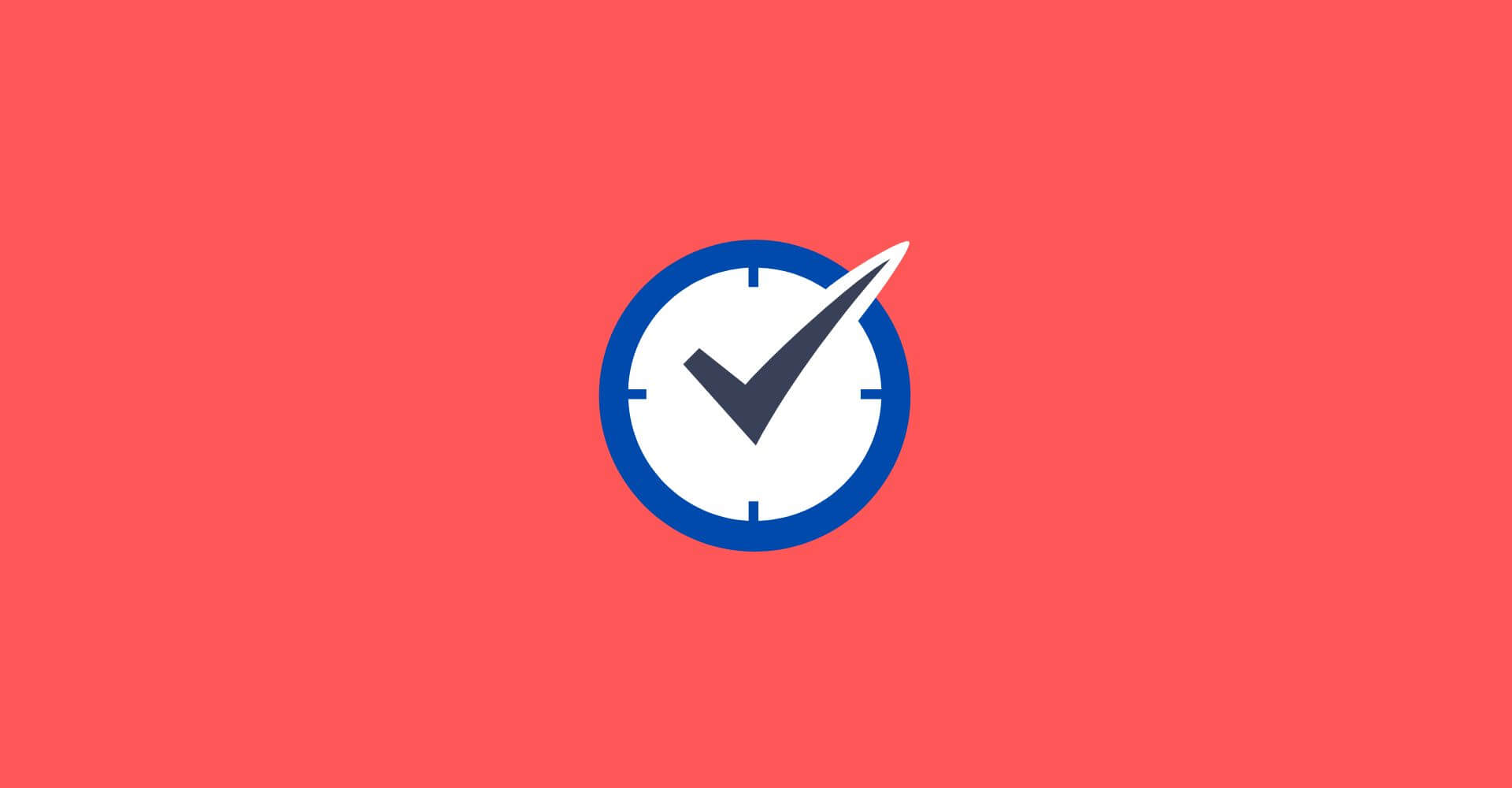Scheduling an interview is a crucial step in the job application process, and it’s often overlooked how much the timing of the interview can impact its success. Whether you’re the interviewer or the interviewee, choosing the right time slot can significantly affect the outcome. In this blog post, we’ll delve into the nuances of timing and explore the best times to schedule an interview to maximize your chances of success.
Early Morning Slots:
The early bird catches the worm, they say, and this holds true for interviews as well. Scheduling an interview in the morning, preferably between 9:00 AM to 11:00 AM, can be advantageous for several reasons. Firstly, it sets a positive tone for the rest of the day, as both parties are likely to be fresh and focused. Secondly, it demonstrates punctuality and eagerness, qualities highly valued in the professional world. Lastly, it allows ample time for reflection and follow-up activities post-interview.
Mid-Morning and Early Afternoon:
If early morning slots aren’t feasible, mid-morning (11:00 AM to 1:00 PM) or early afternoon (1:00 PM to 3:00 PM) can be excellent alternatives. These time frames avoid the rush of early morning commutes and the lethargy that sometimes accompanies late afternoons. Mid-morning slots capitalize on the momentum of the day, while early afternoon slots ensure that both parties are still relatively fresh and engaged.
Avoiding Peak Hours:
While it might seem convenient to schedule interviews during lunch breaks or at the end of the workday, it’s generally best to avoid these peak hours. Lunchtime interviews can be disruptive and may leave both parties feeling rushed or distracted. Similarly, late afternoon or evening slots can be problematic as fatigue sets in, leading to diminished focus and productivity. Aim to schedule interviews during times when both parties are least likely to be preoccupied or fatigued.
Consider Time Zones:
In today’s globalized world, it’s essential to consider time zone differences when scheduling interviews, especially for remote or international positions. Be mindful of scheduling conflicts arising from significant time disparities and strive to find mutually convenient time slots. Tools like world clock converters and scheduling software can simplify this process and ensure smooth coordination across different time zones.
Tailor to Individual Preferences:
Ultimately, the best time to schedule an interview depends on the preferences and circumstances of the individuals involved. Some candidates may perform better in the morning, while others thrive in the afternoon or evening. Similarly, interviewers may have specific time constraints or preferences based on their schedules. Flexibility and open communication are key to accommodating these individual differences and ensuring a positive interview experience for everyone involved.
Conclusion:
The timing of an interview can significantly impact its outcome, influencing factors such as energy levels, focus, and overall performance. By strategically scheduling interviews during optimal time slots, both interviewers and interviewees can enhance their chances of success. Whether it’s early morning to seize the day’s momentum or mid-morning to avoid rush hour, thoughtful consideration of timing can make a world of difference in the interview process. So, next time you’re scheduling an interview, remember: timing is everything.






